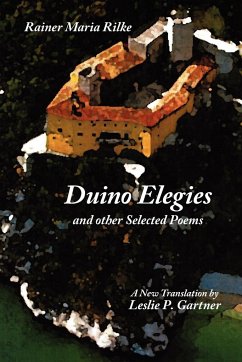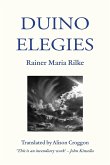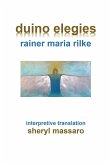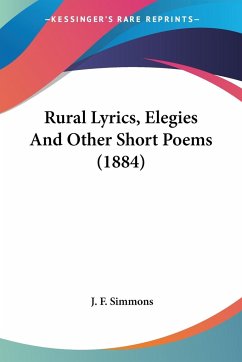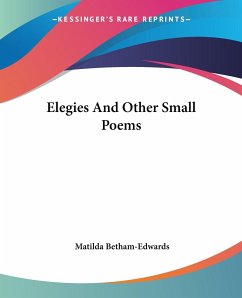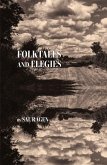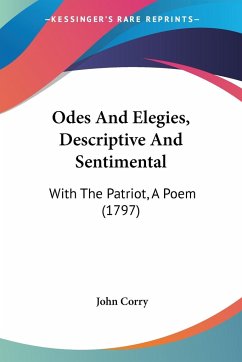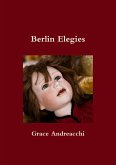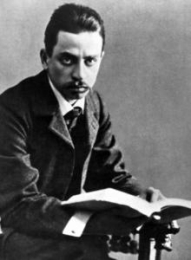Duino Elegies are the ten magnificent poems that defined the Austrian poet, Rainer Maria Rilke's artistic vision of life, death, eternity, and the human condition. Marie von Thurn und Taxis-Hohenlohe invited Rilke to stay at her castle in Duino, on the coast of the Adriatic Sea near Trieste. He stayed alone in the castle for about four months and, on a cold day in January, 1912, when he was contemplating how to answer a business letter that he received, he walked out into the freezing windy morning and, walking along a path by the bastions looking down at the violent waves of the Adriatic a couple of hundred feet below him, he heard someone speak, but when he turned around, he was alone and the voice that he heard spoke the famous opening lines of the First Elegy: "Wer, wenn ich schriee, hörte mich denn aus der Engel/ Ordnungen?" ("Who, if I cried out, would hear me among the Angelic/ Orders?"). Dr. Gartner presents a new translation of Rilke's magnum opus as well as of a selection of ten famous poems from Rilke's collected works.
Hinweis: Dieser Artikel kann nur an eine deutsche Lieferadresse ausgeliefert werden.
Hinweis: Dieser Artikel kann nur an eine deutsche Lieferadresse ausgeliefert werden.

